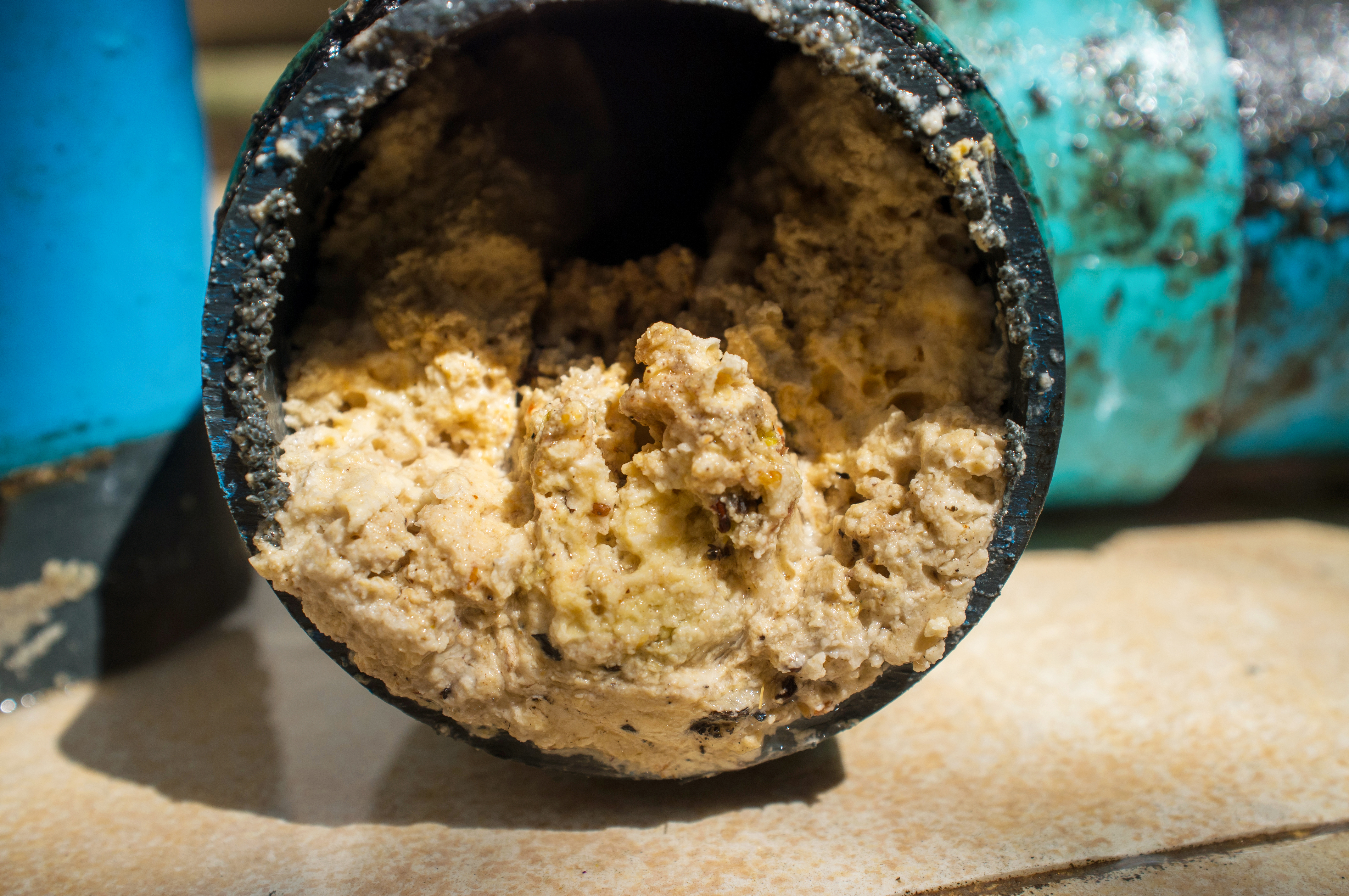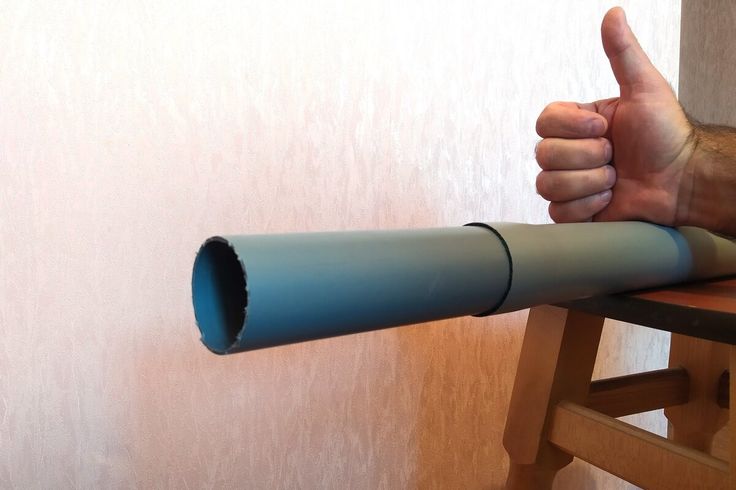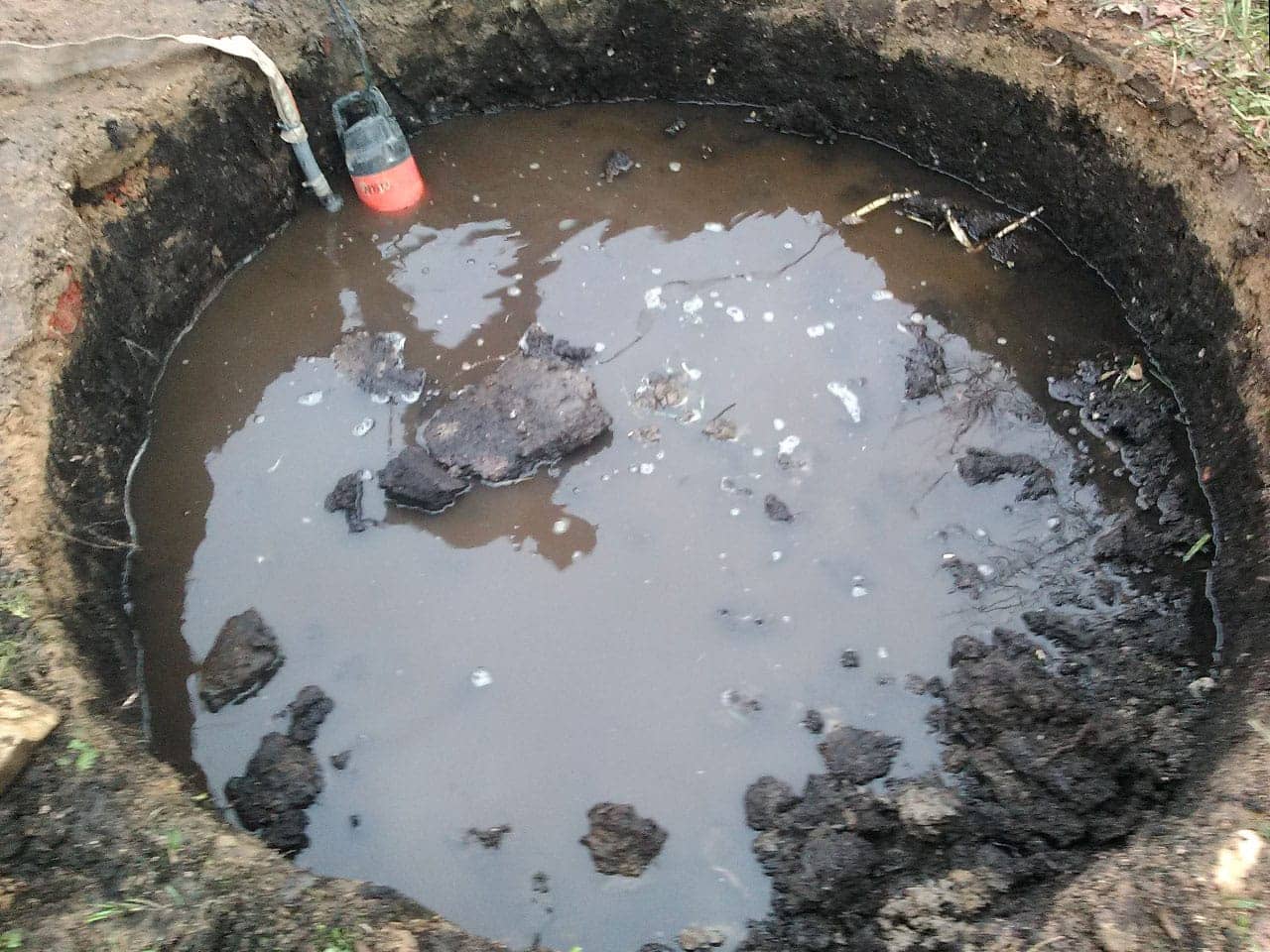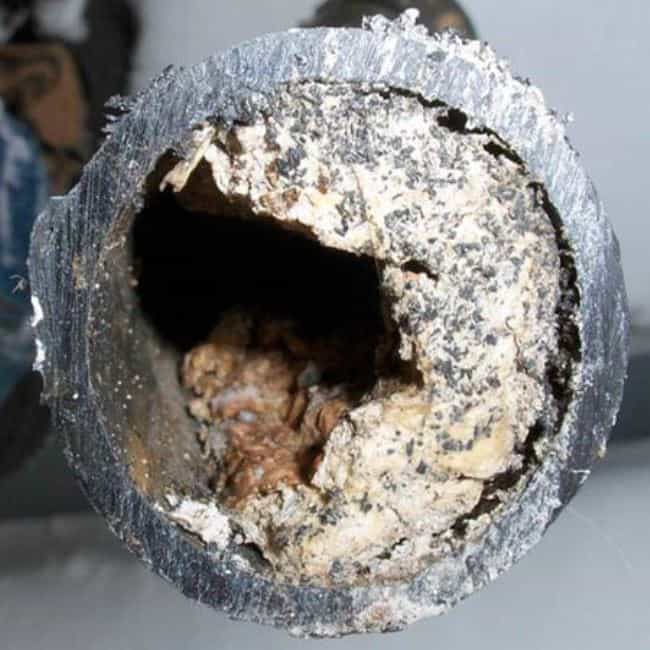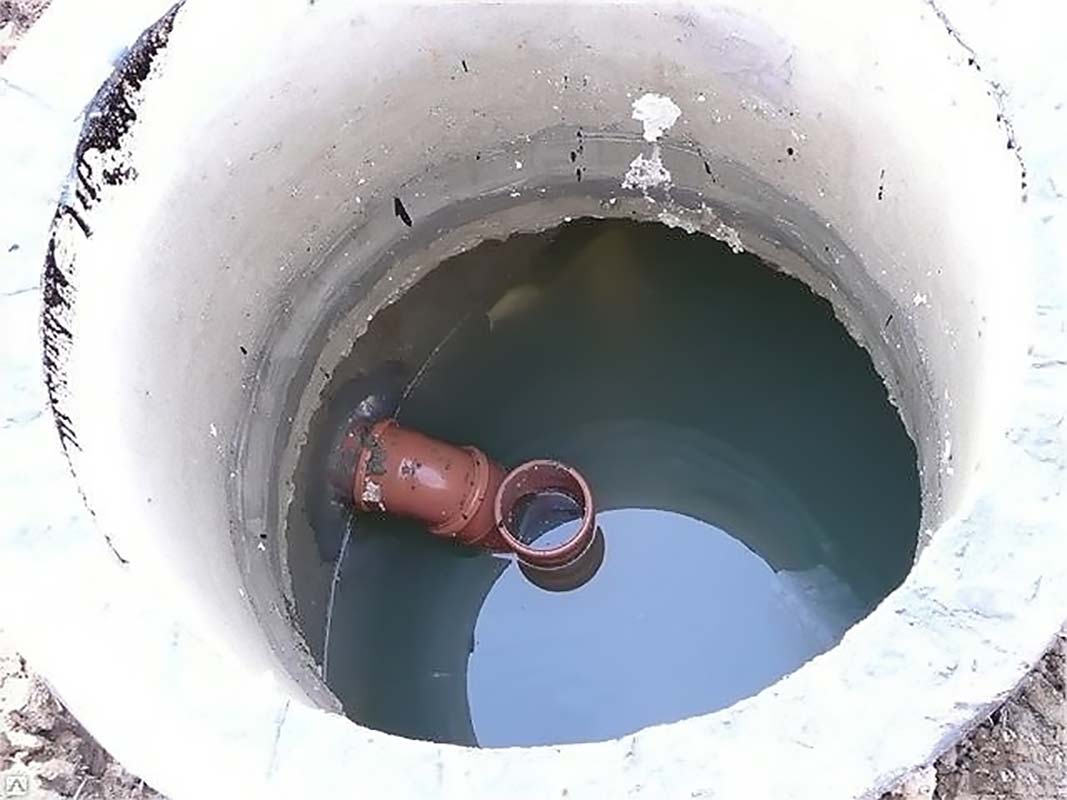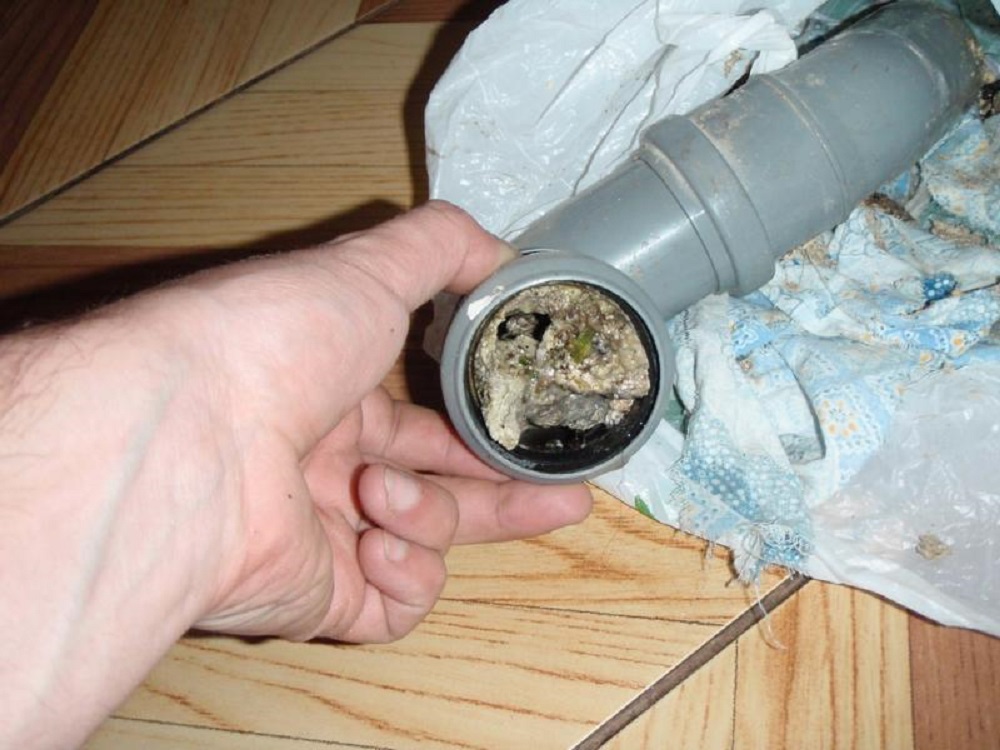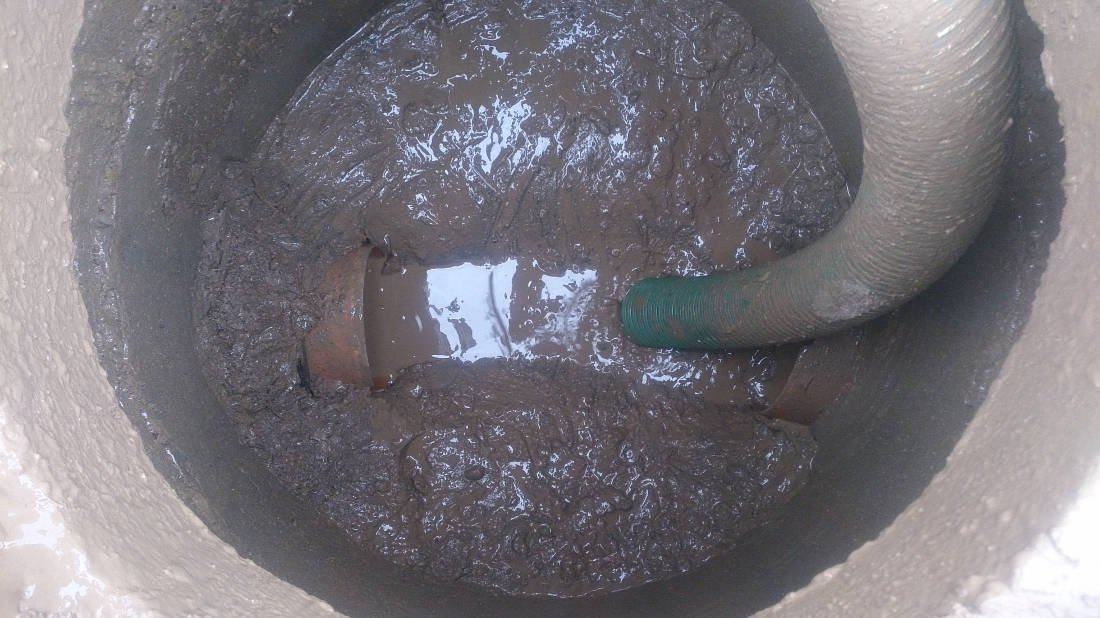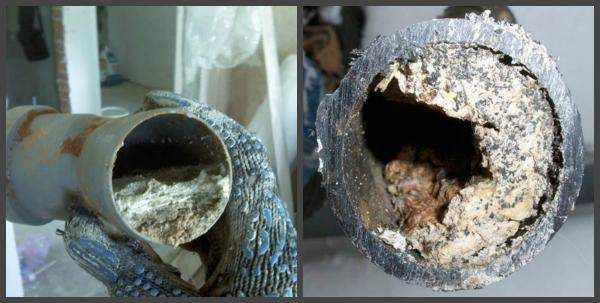Modular wastewater treatment plants solve the problem of large-scale wastewater treatment. The system structure is located in the mobile module. The use of the units is environmentally friendly and efficient, they are used for different types of waste liquids.
Purpose of modular treatment facilities
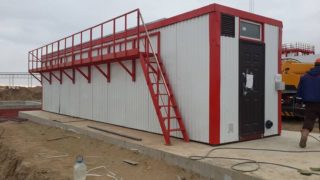
Modular wastewater treatment plants are used to clarify domestic, storm and industrial wastewater.
The equipment is used to purify sewage from separately located objects that are not connected to the centralized sewerage system. Objects of this type include:
- cottage townships, gardening, small villages;
- factories, plants and plants;
- establishments of hotel and recreational type, catering;
- airports;
- administrative, medical and educational institutions;
- rotational settlements;
- military bases.
The devices are used at facilities where it is necessary to purify water with a capacity of more than 20 cubic meters per day. The equipment is suitable for work in nature-protected areas, where it is impossible to arrange treatment plants underground.
The main advantage of modular systems is that there is no need to allocate a separate room. You can save usable space.
Principle of operation and device
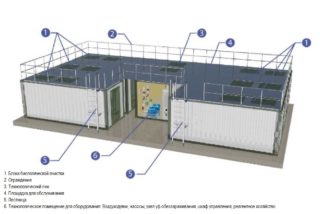
By design, compact water treatment plants consist of several modules, the layout of which depends on the composition of wastewater, requirements for the degree of purification, and features of the facility.
Inside may be:
- separators for mechanical cleaning;
- equipment for chemical and biological treatment;
- ultraviolet disinfection devices;
- post-treatment filter elements;
- denitrification and dephosphorization blocks;
- biological reactors, septic equipment;
- devices for dosing reagents;
- clarified liquid tanks;
- pumping and compressor installations;
- security and alarm systems.
The multistage process allows you to effectively carry out both mechanical cleaning and the retention of harmful impurities and chemical elements from sewage. The technology of biological purification is used, where the maintenance of the conditions of the anaerobic environment is carried out by means of automated control systems. The fermentation mode provides complete mineralization of organic substances with the lowest consumption of electrical energy.
Specifications and cost
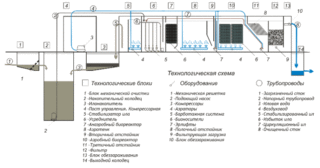
- module area is 12-30 percent of traditional devices;
- productivity - from 20 to 50,000 cubic meters per day;
- the need for a sanitary zone - up to 150 m;
- temperature regime from 60 degrees Celsius to 55 - frost;
- the possibility of stable operation in any climatic conditions.
The stations are characterized by low electricity consumption. It is possible to add modules and improve performance.
The cost of modular autonomous sewage treatment plants is from 70,000 rubles. The price depends on the dimensions, performance and the filtration devices placed inside.
Installation features
The installation of purification modules is easier than the construction of stationary stations. By reducing construction costs by up to 40 percent, the total cost of the refinery is also reduced.The modules are delivered ready for assembly.
When designing treatment plants, they take into account all the circumstances that may later affect the functioning of the structures. This also applies to environmental laws. In order to comply with the conditions of the sanitary protection zone, it is worth considering the following data:
- calculation of the size and volume of each of the modules;
- selection of the installation site;
- features of soil and climate;
- performance indicators;
- choice of a cleaning method.
The installation of the modules will require the development of design and estimate documentation, obtaining permits from the authorities in charge of the discharge of sewage and compliance with land legislation.
Compliance with sanitary, environmental and technological standards guarantees high-quality installation work and will save you from problems with regulatory organizations.
The choice of modular treatment plants is preferable in terms of environmental impact and cost-effectiveness of maintenance. Due to the high level of purification, it becomes possible to reuse the effluent clarified up to 95 percent for technical and household needs. Due to the simplicity of the technological cleaning process, there is no need for the use of additional equipment and the hiring of highly qualified employees.

